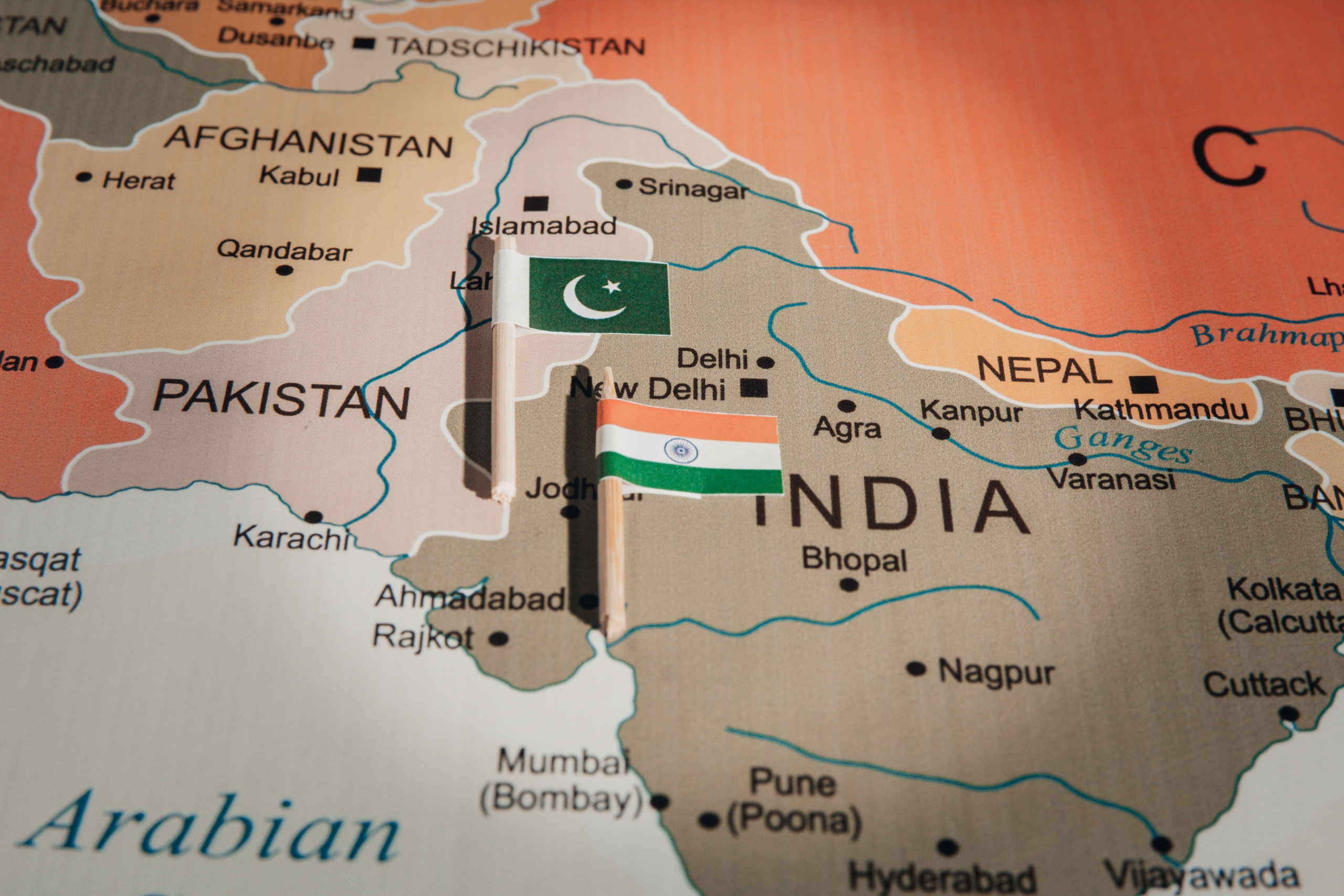
India and Pakistan have agreed to a ceasefire just days after strikes and counterattacks, according to an announcement by U.S. President Donald Trump.
The protocol comes weeks after attacks and counterattacks escalated between two regional competitors.
The ceasefire has been reported several times, with the missile targeting Pakistani air force bases, retaliatory Pakistani air strikes and explosions heard in India-managed Jamu and Kashmir. In addition, Indian authorities confirmed the shooting down of several enemies on Amritsar.
Pakistan has now fully reopened airspace for all types of flights, with regular operations resuming all airports across the country.

U.S. Secretary of State Marco Rubio revealed that the ceasefire was caused by 48 hours of intensive negotiations involving senior officials from both countries. He said both sides agreed to have a broader discussion on a neutral venue.

The Indian Foreign Ministry confirmed that the directors of military operations from both countries had spoken and jointly agreed to stop all hostilities (in the air and at sea) at 17:00 IST (12:30 UTC). Further talks are scheduled to be held on May 12.
Pakistan’s Foreign Ministry also confirmed the agreement, highlighting its commitment to peace and regional stability, while claiming its sovereignty and territorial integrity.

Trump said the ceasefire was the result of US-mediated overnight talks, praising both countries for “using common sense and great wisdom.”

Meanwhile, misinformation continues to circulate online, with viral videos distorting the incident to escalate tensions. Independent fact checks have debunked several of these misleading segments.
In India, ongoing conflict has led to news crackdowns, thousands of social media accounts have been blocked, and many news media have been affected by government actions. These measures are a long time after escalating violence in the Kashmir region.
Kashmir’s complex history is characterized by multiple wars, and failed non-military planning and political maneuvers remain central issues in India-Pakistan relations. The area was once guaranteed to hold a non-expropriation referendum, but it never came true. Tensions have been taken seriously in recent years with India’s withdrawal of autonomy in Jamu and Kashmir in 2019 and the fatal attacks on tourists in April 2025.
It was reported that overnight shelling killed 11 civilians in Pakistan-managed Kashmir, while dozens of civilians were injured. Pakistan reiterated that “war is not our priority” and called for peace without any dominance.
Indian troops reiterated their commitment to non-propaganda, which depends on similar restrictions in Pakistan while maintaining high operational readiness.
